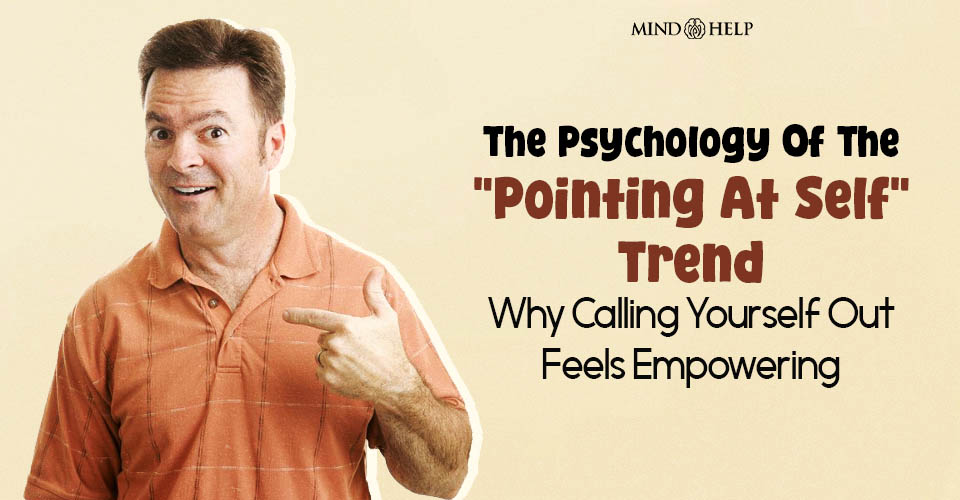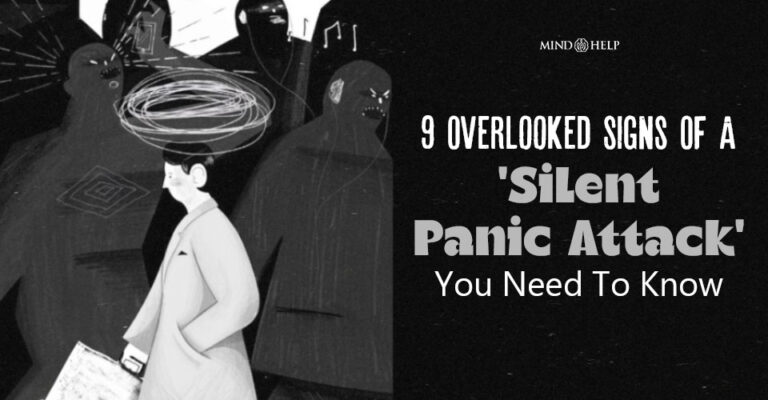“Says they’re over it—but still stalking their profile daily.” Sound familiar? Welcome to the world of Pointing At Self, a viral trend that blends humor with emotional truth in a way that feels oddly therapeutic. These moments—where we publicly call out our own contradictions—aren’t just entertaining; they’re deeply human. But why do so many of us find comfort in this kind of self-reflection?
In an age where curated perfection dominates social media, trends like Pointing At Self memes offer refreshing authenticity. They allow people to expose their flaws, express emotional vulnerability, and bond with others over shared human quirks. Whether it’s TikTok, Instagram Reels, or meme pages, these posts create a space where being emotionally vulnerable is not only accepted—it’s celebrated.
What Is the “Pointing At Self” Trend?
The Pointing At Self trend is all about creators—mostly Millennials and Gen Z—using video captions, memes, or gestures (like pointing fingers or emoji) to acknowledge their own flawed, contradictory behavior. These aren’t just random jokes—they’re deeply relatable emotional truths presented with a comedic twist.
Think:
- “Claims to love peace, starts arguments for closure.”
- “Says they’re low-maintenance, has a meltdown when ignored.”
These snippets are examples of how the trend:
- Uses self deprecating humor psychology to soften confessions of internal conflict.
- Highlights real mental health issues like overthinking, people-pleasing, or emotional repression.
- Encourages accountability without the burden of judgment.
Why Is This Trend So Popular?
The magic lies in how it combines emotional vulnerability with comedy. These short bursts of honesty not only make people laugh but also open doors to deeper introspection. They resonate because they validate inner emotional chaos in a way that feels safe and even joyful.
The Pointing At Self meme format works because:
- It simplifies complex emotions into digestible, funny content.
- It helps people connect over shared experiences like anxiety, relational trauma, or insecurity.
- It encourages self-awareness and reflection, especially among younger generations seeking deeper meaning behind their behavior.
And yes, is calling yourself out online good for mental health? Surprisingly, it often can be—when done mindfully.
Self-Deprecating Humor Psychology: The Healing Power of Laughing at Yourself
When used consciously, self deprecating humor is more than just a defense mechanism—it becomes a tool for emotional growth. By gently poking fun at our inconsistencies, we gain insight into our behavior without feeling attacked.
Here’re four points to consider:
1. Normalizes Imperfection:
Humor gives people permission to admit their flaws without the weight of guilt or embarrassment. By turning personal struggles into relatable jokes, individuals can share their experiences in a way that feels safe and approachable. This creates a powerful psychological effect—acknowledging our imperfections no longer feels isolating or shameful. Instead, it becomes part of the shared human experience. The more we laugh about our anxiety, procrastination, or emotional contradictions, the more we learn to accept that being imperfect is simply being human.
2. Fosters Connection:
Vulnerability, especially when expressed through humor, is deeply magnetic. When someone jokes about overthinking a simple text or sabotaging their own happiness, it instantly resonates with others who’ve felt the same. These shared emotional truths—delivered with a dose of laughter—help break down social barriers. They replace judgment with empathy, and awkwardness with understanding. As a result, people feel less alone in their struggles and more bonded to a community that sees and accepts them as they are.
3. Builds Resilience:
Laughing at our discomfort doesn’t mean ignoring it—it means taking control of how we relate to it. When we reframe anxiety, heartbreak, or failure through comedy, we shift the emotional weight. Instead of being overwhelmed, we engage with our pain in a more manageable, even empowering way. This approach helps build psychological flexibility—the ability to adapt, bounce back, and move forward. By lightening the emotional load, humor strengthens our ability to face future challenges with perspective and grace.
Studies suggest that those who use light, constructive self-humor often display higher emotional intelligence and more adaptive coping mechanisms. But it’s a delicate balance—humor must not replace genuine introspection.
4. The Flip Side: When Humor Masks Hurt
While the trend is uplifting, there’s a risk of hiding pain behind jokes. If we continuously joke about emotional unavailability or trauma without engaging in real self-work, it can become a form of denial.
Saying “Haha, I push people away” is funny—until you realize it’s a pattern that’s hurting you. So, is calling yourself out online good for mental health? It depends. If done with awareness and paired with deeper reflection, yes. If it’s used only to deflect, the healing potential gets lost.
The rule of thumb: use humor as a doorway to healing, not a wall to hide behind.
Meme Culture and Mental Health: Can We Really Laugh Our Way to Awareness?
Absolutely. The rise of the Pointing At Self meme format shows how meme culture can provide safe, light-hearted spaces for serious conversations. In fact, can meme culture promote mental health conversations? Yes—when memes are created with authenticity and received with openness, they offer a shared language to discuss emotional struggles.
These memes act like micro-moments of therapy:
- “Why do I always text first?”
- “Why do I avoid conflict but resent people later?”
- “Why do I need validation from people I don’t even like?”
Each laugh is a cue to dig a little deeper.
What This Trend Says About Self-Awareness
The biggest win of the Pointing At Self trend is its role in nurturing self-awareness. Calling yourself out—publicly or even privately—can be the first step toward emotional clarity.
It helps you:
- Recognize repetitive emotional patterns
- Practice accountability without shame
- Explore your behaviors through the lens of emotional vulnerability, curiosity, and humor
When we can laugh at ourselves with compassion, we begin to detach from our patterns and understand them more objectively. And in doing so, we create the possibility for change.
Final Thought: Humor + Honesty = Healing
The Pointing At Self trend isn’t just a meme format—it’s a mirror. A mirror held up not with judgment, but with a grin. It allows us to see ourselves clearly, without the sting. In a world where mental health conversations are often heavy or hidden, this trend offers a much-needed lightness.
So next time you laugh at a meme that calls you out—pause. That finger pointing at the screen? It might just be pointing you toward growth.
Disclaimer: This article is for informational purposes only and is not intended as a substitute for professional mental health advice, diagnosis, or treatment. While we strive for accuracy, we do not guarantee the completeness or reliability of the information provided. Readers should always seek guidance from a qualified mental health professional for any concerns regarding their mental well-being.
Read: Ghost Quitting At Work: Gen Z’s New Way Of Saying ‘I Quit’
What’s your favorite “Pointing At Self” moment? Has it helped you reflect on your emotional patterns? Let us know in the comments below!







